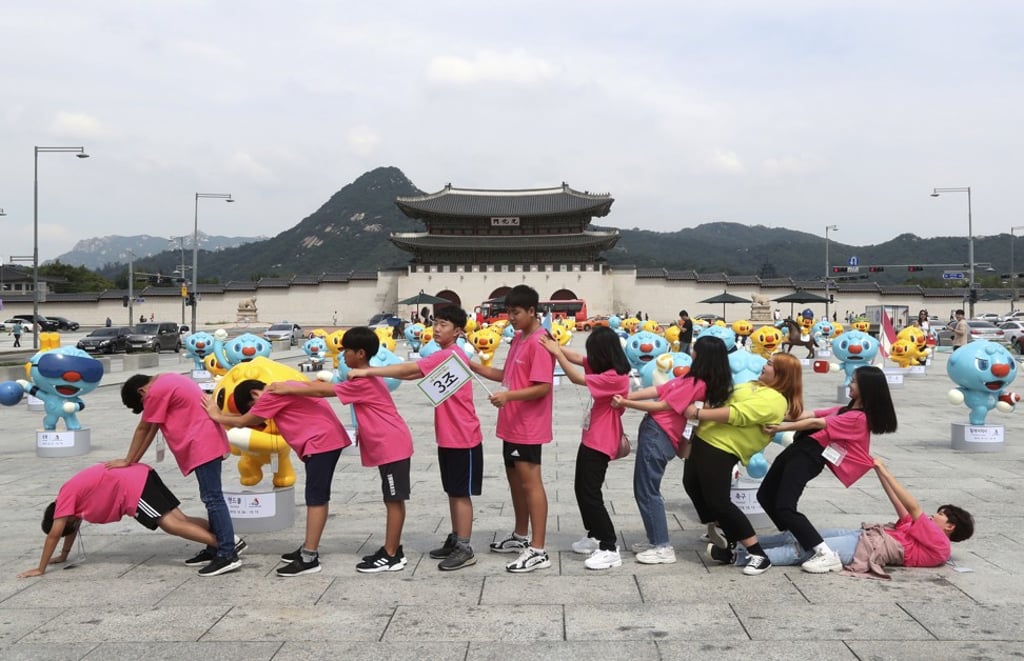Advertisement
Opinion | Why Hong Kong needs to invest more into careers education in schools
- To get Hong Kong’s young people ready for tomorrow’s radically different jobs and workplaces, the government must go beyond grants and a life planning website to make careers education an important part of school, starting at primary level
Reading Time:3 minutes
Why you can trust SCMP

As technology disrupts the traditional workplace and creates new jobs, education is expected to prepare young people to enter a dynamic digital workplace. Careers education has therefore taken on unprecedented importance. Is Hong Kong doing enough? And what is the key to a quality careers education?
Advertisement
Last month, the Education Bureau unveiled a Life Planning Information website to provide students, teachers and parents with “comprehensive information on life planning information and career guidance”. The platform is a good first step but much more remains to be done.
Hong Kong’s government has placed great emphasis on careers education by pumping financial resources into schools since the 2014/15 school year. At around HK$600,000 (US$76,660) per school for 2019/2020, the Career and Life Planning Grant amounts to a hefty sum, compared to the one-off grant of HK$200,000 to support science, technology, engineering and mathematics (STEM) education and activities in secondary schools.
However, abundant financial resources do not necessarily translate into quality careers education. Local studies show that many young people do not find their schools’ career guidance helpful in making the leap from school to work. Hong Kong is missing a key piece of the puzzle: time. Teachers and students in examination-centric Hong Kong already have a lot on their plate.
One solution is to trim the curriculum to create capacity for careers education. In a recent report published by Our Hong Kong Foundation, we suggested it is time to review the curriculum and lessen students’ academic burden. Like our international counterparts, careers education in Hong Kong should be provided as a compulsory teaching component with designated school hours.
Advertisement

In South Korea, for instance, middle-school students are exempted from exams for one semester – for some, a whole year – so that time is freed up for career exploration activities, art and physical education. Scores are not given during the period. What students receive instead is feedback on their strengths and potential, which helps develop career goals.

Advertisement

